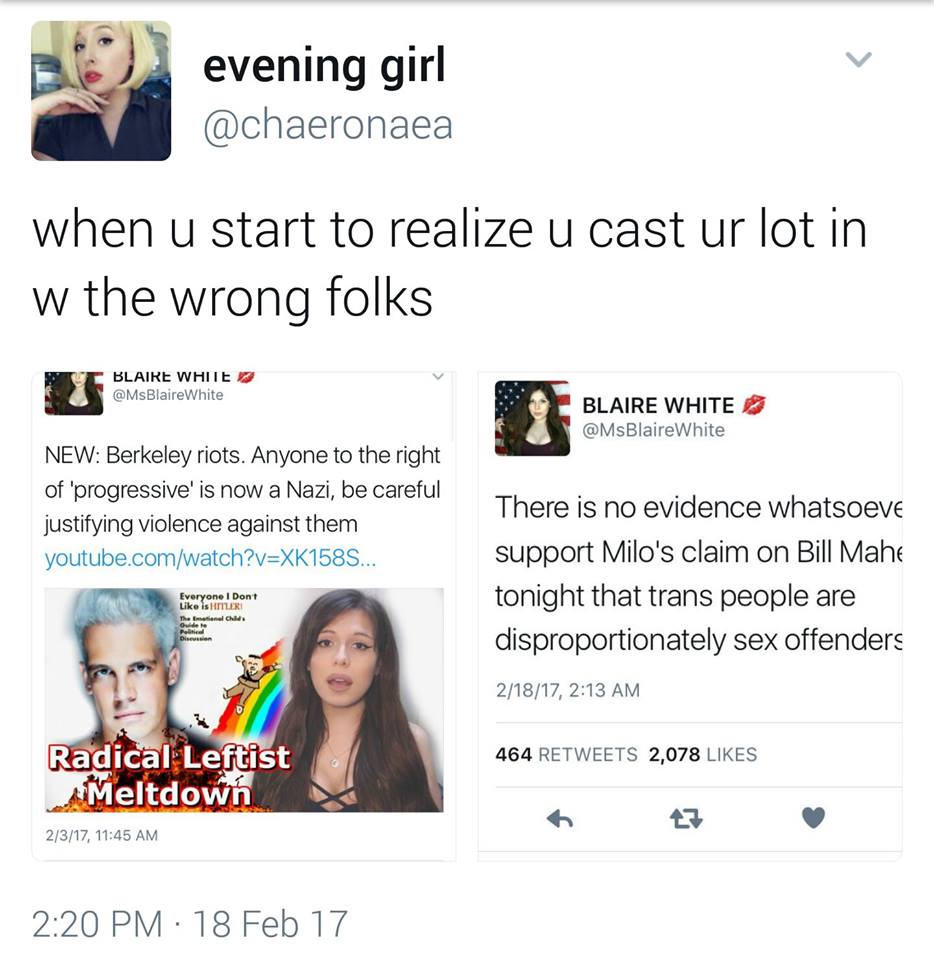This series on BBC’s “Transgender Kids: Who Knows Best?” is co-authored by HJ Hornbeck and Siobhan O’Leary. It attempts to fact-check and explore the documentary’s many claims concerning gender variant youth. You can follow the rest of the series here:
- Part One: You got Autism in my Gender Dysphoria!
- Part Two: Say it with me now…
- Part Three: My old friend, eighty percent
- Part Four: Dirty Sexy Brains
Eighty percent is tired. Eighty percent has had thrust upon its back the concern trolling of every clueless media pundit from Sarah Ditum to Jesse Singal. And the exterminationists, the “transsexuals will sort themselves out later” types, they too abuse my poor poor friend eighty percent. Eighty percent is the one and only quote the antagonists will reliably provide. Eighty percent is the crux of hundreds of thousands of very, very concerned words printed in very, very concerned columns.
Eighty percent is just exhausted, being expected to carry all this.
Eighty percent deserves a rest.
Recall from part two:

